Meet our organizers
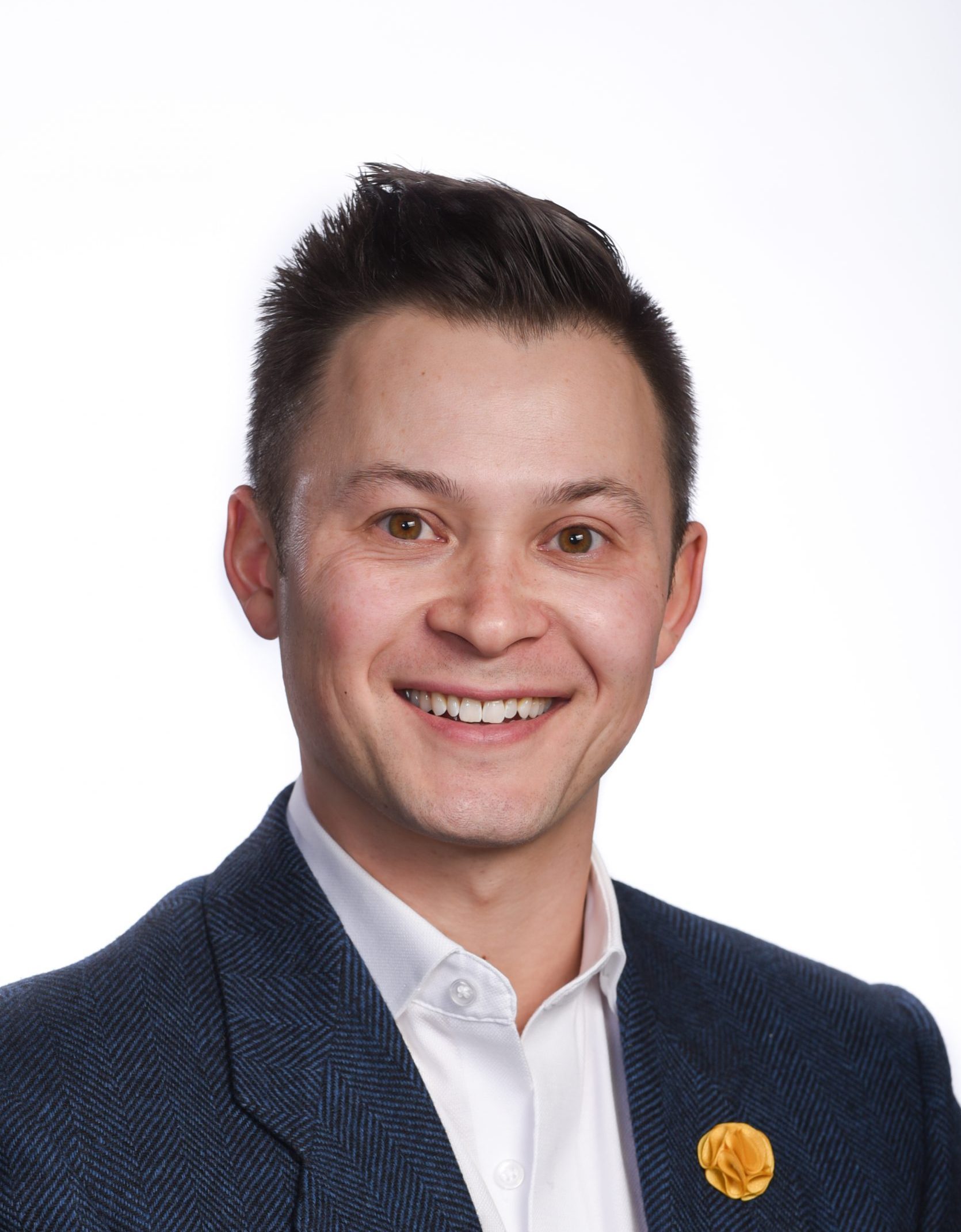
Jeremy Chow
Assistant Professor of English
Bucknell University
Jeremy Chow is an assistant professor of English. His research and teaching interweave the environmental humanities with theories of race, queerness, and anti-colonialism. He is the editor of Eighteenth-Century Environmental Humanities and the author of The Queerness of Water: Troubled Ecologies in the Eighteenth Century.
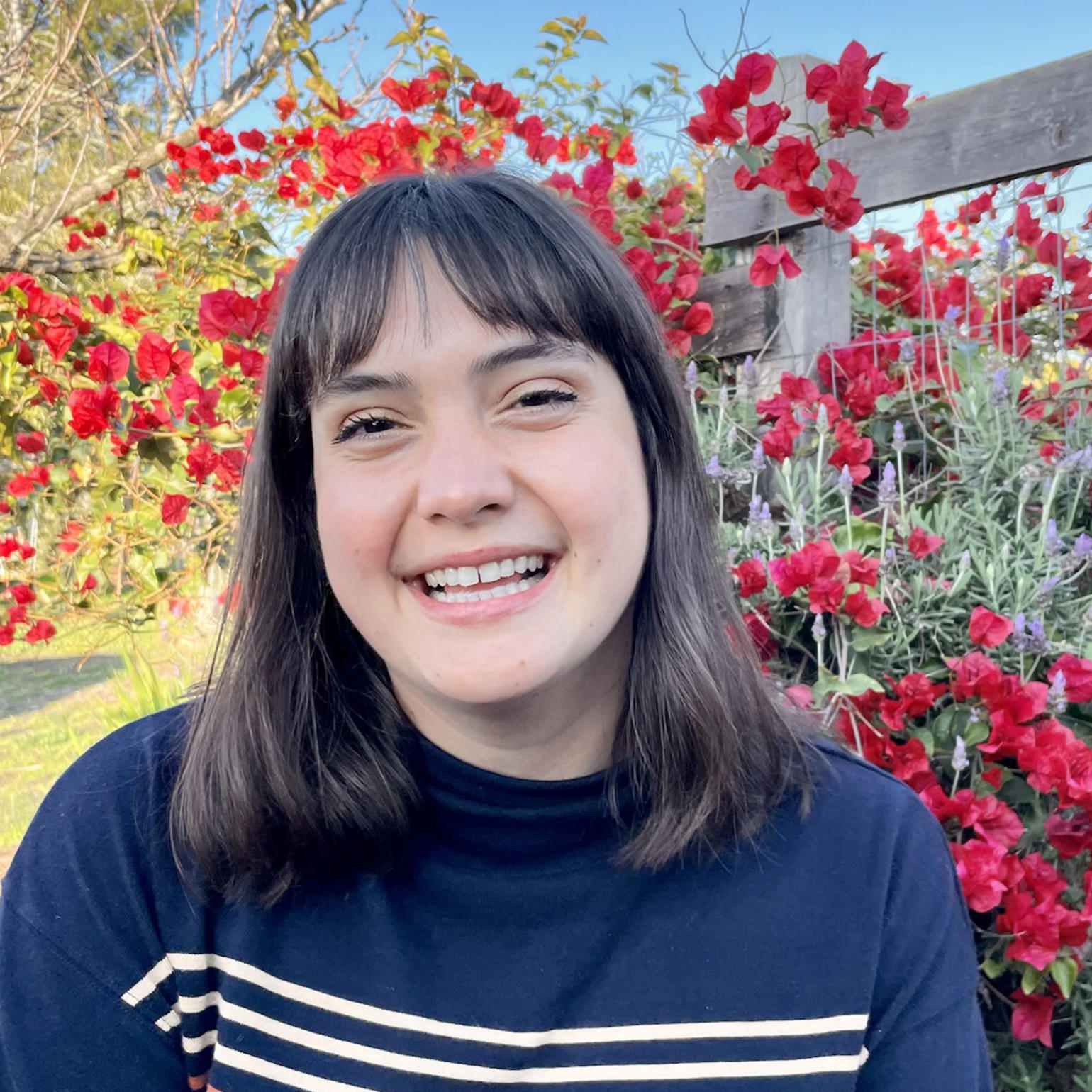
Sage Gerson
Assistant Professor of Literary Arts and Studies
Rhode Island School of Design
Sage Gerson is an assistant professor of Literary Arts and Studies. Gerson’s research resides at the intersections of the environmental humanities and the study of colonial modernity through a perspective informed by Black Studies and Native American and Indigenous Studies. She is currently working on a book-length project focused on electrified literary imaginaries that complicate linear narratives linking electricity with progress, instead favoring transformative environmental perspectives that exceed developmental and extractive frameworks.
Meet our plenaries
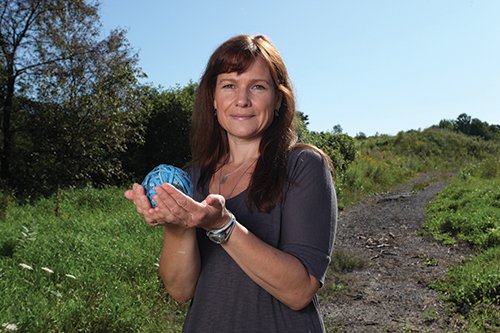
Myra Hird
Professor of Environmental Studies
Queen’s University
Myra J. Hird is a professor in the School of Environmental Studies at Queen’s University and a distinguished interdisciplinary scholar with an international reputation for her multifaceted, collaborative investigations into science studies and environmental issues. Hird is the Director of Waste Flows, an interdisciplinary research project focused on waste as a global scientific-technical and socio-ethical issue. Through her critically acclaimed books and articles, collaborations and public engagement activities, Hird explores how social sciences and humanities may engage with scientific knowledge to better respond to a wide range of global issues, including waste.
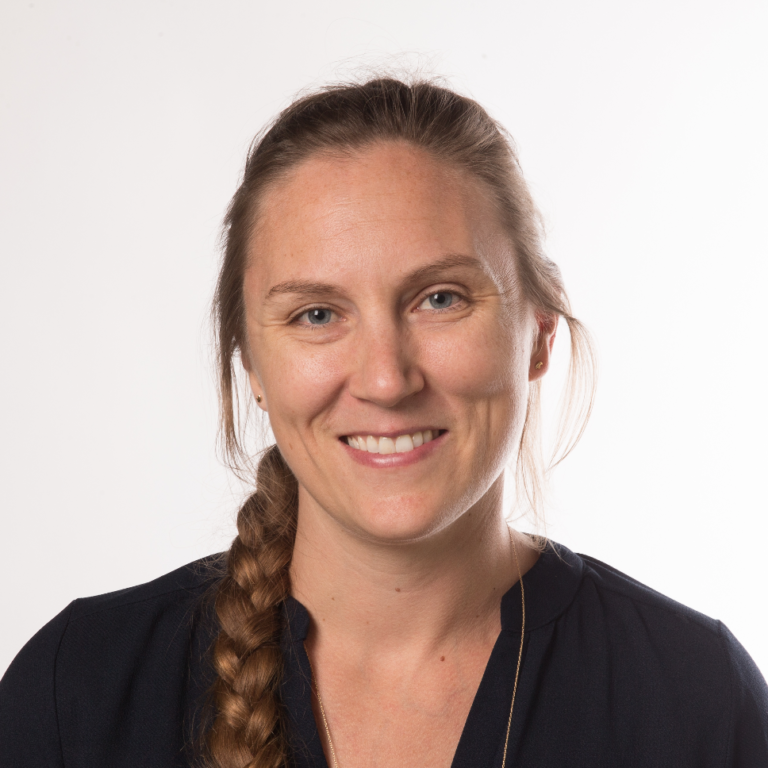
Traci Brynne Voyles
Professor and Department Head of History
North Carolina State University
Traci Brynne Voyles is Professor and Department Head of History. She is a historian of colonialism, race, gender, and environment, with a focus on North America from the nineteenth through the twentieth centuries. Voyles is the author of Settler Sea: California’s Salton Sea and the Consequences of Colonialism and Wastelanding: Legacies of Uranium Mining in Navajo Country.
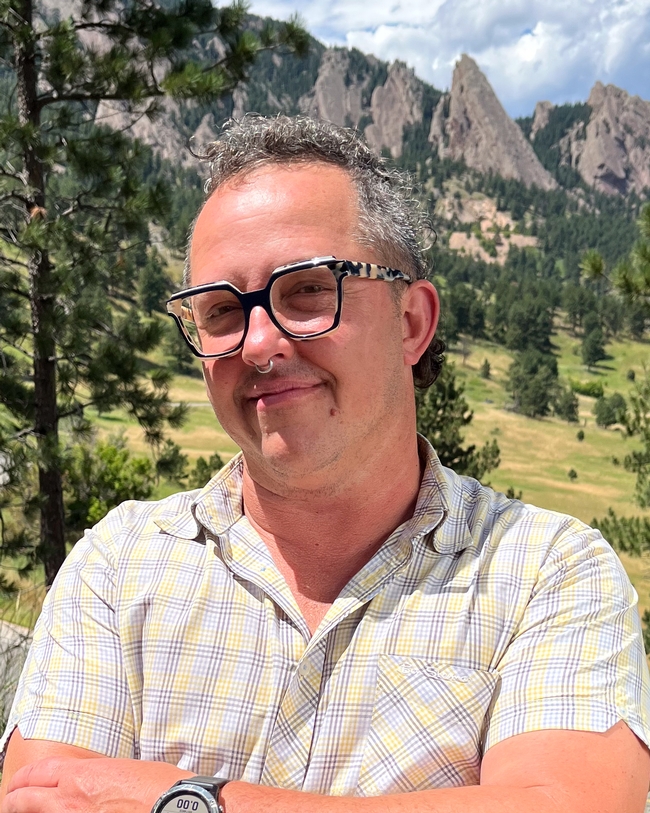
Cleo Woelfle Hazard
Fire Advisor, Humboldt and Del Norte Counties
University of California Cooperative Extension
Cleo Woelfle Hazard’s research and extension programs focus on climate resilience, cultural burning, fire-water interactions and training a diverse fire workforce. He collaborates on research with Native nations, agencies and local community members. He is also exploring how fire and flooding can be renewed to revitalize habitat for ecocultural species such as willow, grape, salmon, elk and eel. Woelfle Hazard is the author of Underflows: Queer Trans Ecologies and River Justice.